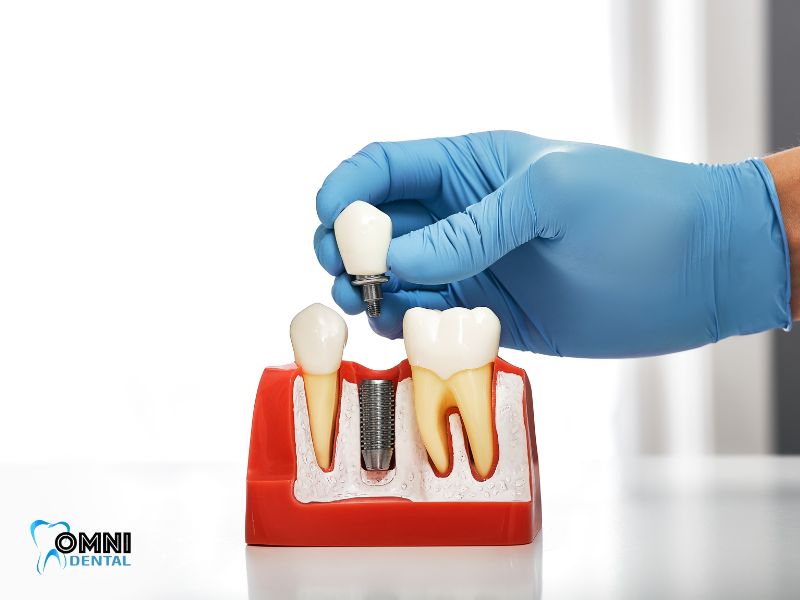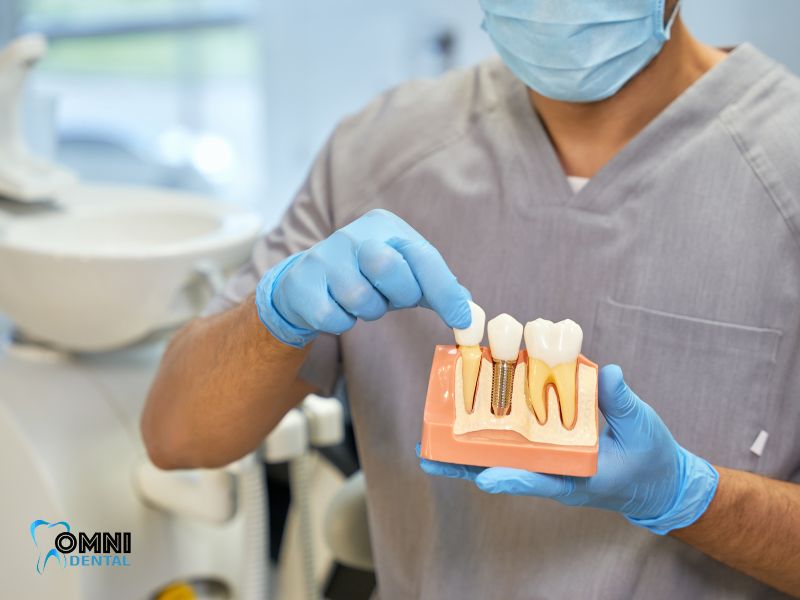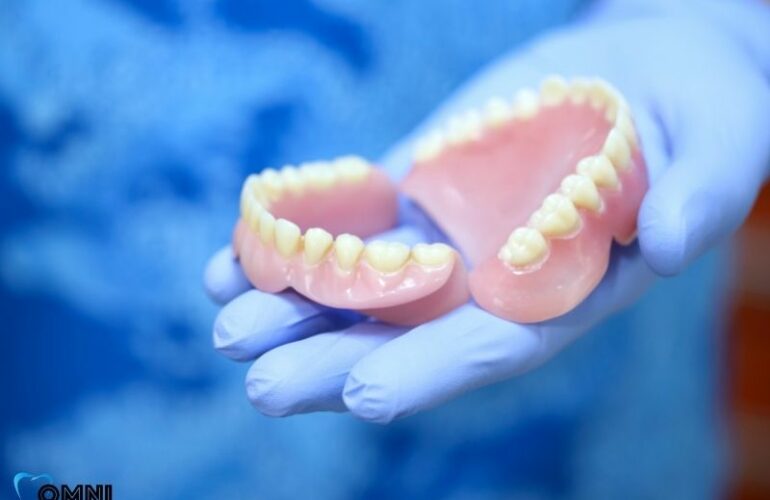Dental implants provide a sturdy and aesthetically pleasing solution to tooth loss. However, despite having a high success rate, there are instances where dental implants fail. Understanding what causes failure can help ensure the success of your dental implant procedure.
Understanding Dental Implant Failure
Dental implant failure refers to a condition where the implant doesn’t function as intended, often leading to discomfort, bone loss, and an unstable implant site. It can occur soon after the procedure or years later, with a myriad of factors that may contribute to it.
Factors Contributing to Unsuccessful Dental Implants
One major factor causing failure is an allergic reaction. Some patients might be allergic to the titanium alloy used in implants, causing inflammation and leading to failed implants.
Gum disease, or what’s also called peri-implantitis, is another major cause. This is an inflammatory disease that affects the tissues surrounding the implant. Not treated promptly can lead to bone loss and implant failure.
Teeth grinding or bruxism can also place undue stress on the implant, potentially leading to failure. People who grind their teeth at night might need to wear a mouth guard to protect their implants.
Dental Implant Failure: What You Need to Know
It’s crucial to understand the factors that could potentially cause dental implants to fail to ensure that your tooth replacement lasts as long as possible.
Common Causes Behind Unsuccessful Dental Implants
For instance, the density of the bone is a vital determinant of dental implant success. The implant may fail if there is insufficient bone at the implant site. In such cases, your dentist might recommend a bone graft to augment the bone’s density.
Moreover, poor oral hygiene is one of the most common causes of dental implant failure. Failure to keep up with good oral hygiene practices, such as brushing and flossing regularly, can lead to bacterial infections that cause gum disease and subsequent implant failure.
The Path to Dental Implant Success: Avoiding Failure
The good news is that most causes of dental implant failure are preventable.
Why Do Dental Implants Fail? Identifying Common Causes
Maintaining a high oral hygiene standard is important to avoid Failed Dental Implant Procedures. Brushing and flossing daily, regular dental check-ups and professional cleanings can prevent most oral health issues that lead to implant failure.
It’s also important to remember that tobacco use and certain medical conditions can negatively affect bone density, causing implants to fail. If you’re a smoker or have a condition that affects your bone density, it’s crucial to discuss this with your dentist.

Navigating Through Dental Implant Difficulties
Dental implant failure, while relatively rare, can be a stressful experience. However, understanding the causes can lead to effective prevention strategies.
Unraveling the Most Common Causes of Dental Implant Failure
It’s essential to address any potential issues early on. If you notice any discomfort, swelling, or looseness around your implant, it’s crucial to visit your dentist immediately.
Early detection can greatly improve the chances of saving a failing implant and preventing further complications. In many cases, failing implants can be replaced, and the new implant can last a lifetime with the proper care and attention.
Excellent Dental Implant Services in Arlington Heights
At Omni Dental in Arlington Heights, we have a proven track record of successful dental implant procedures. If you live in or near Chicago, Illinois, and are considering dental implants or if you’re experiencing problems with your current implant, contact us today. We’re committed to helping our patients achieve successful, long-lasting results with their dental implants.






